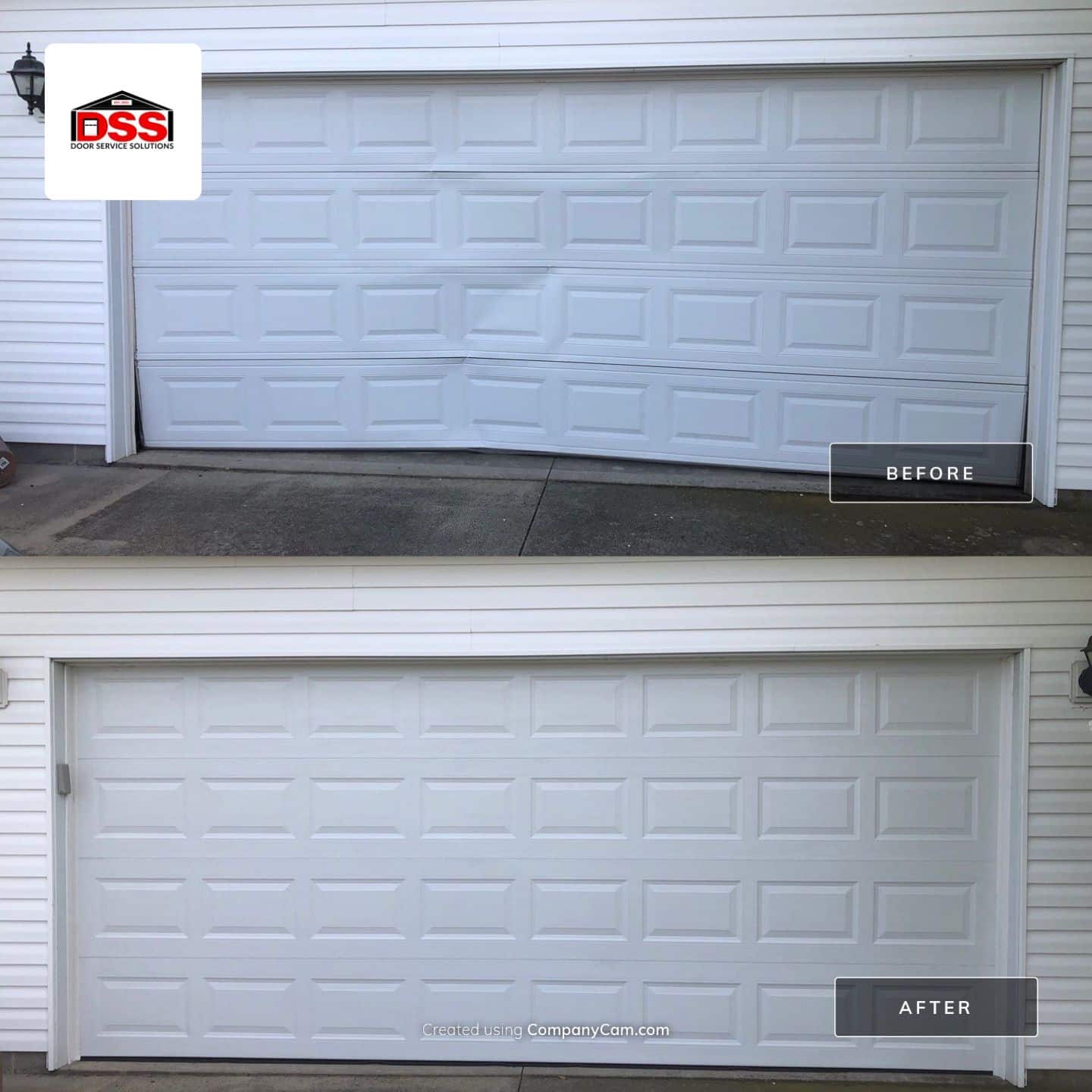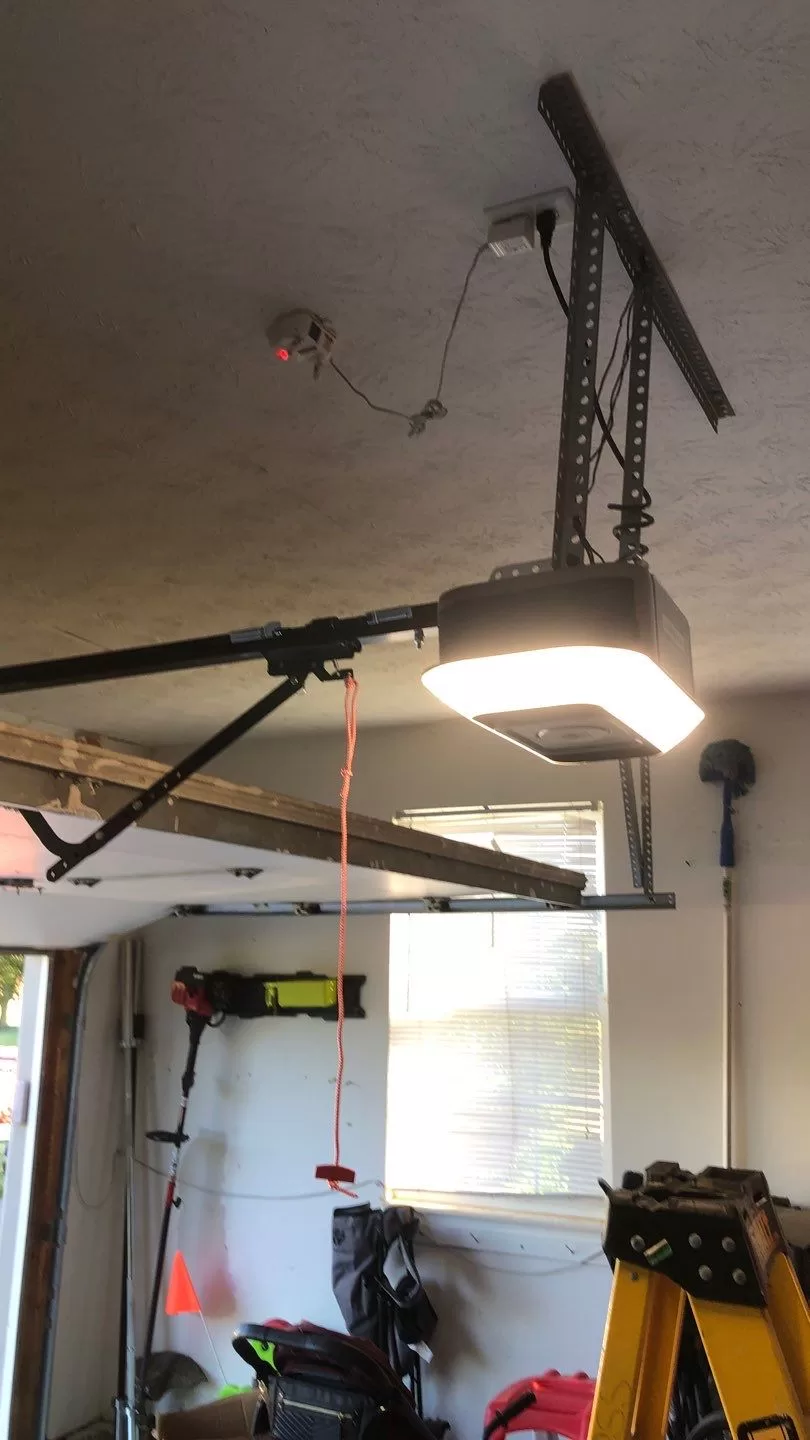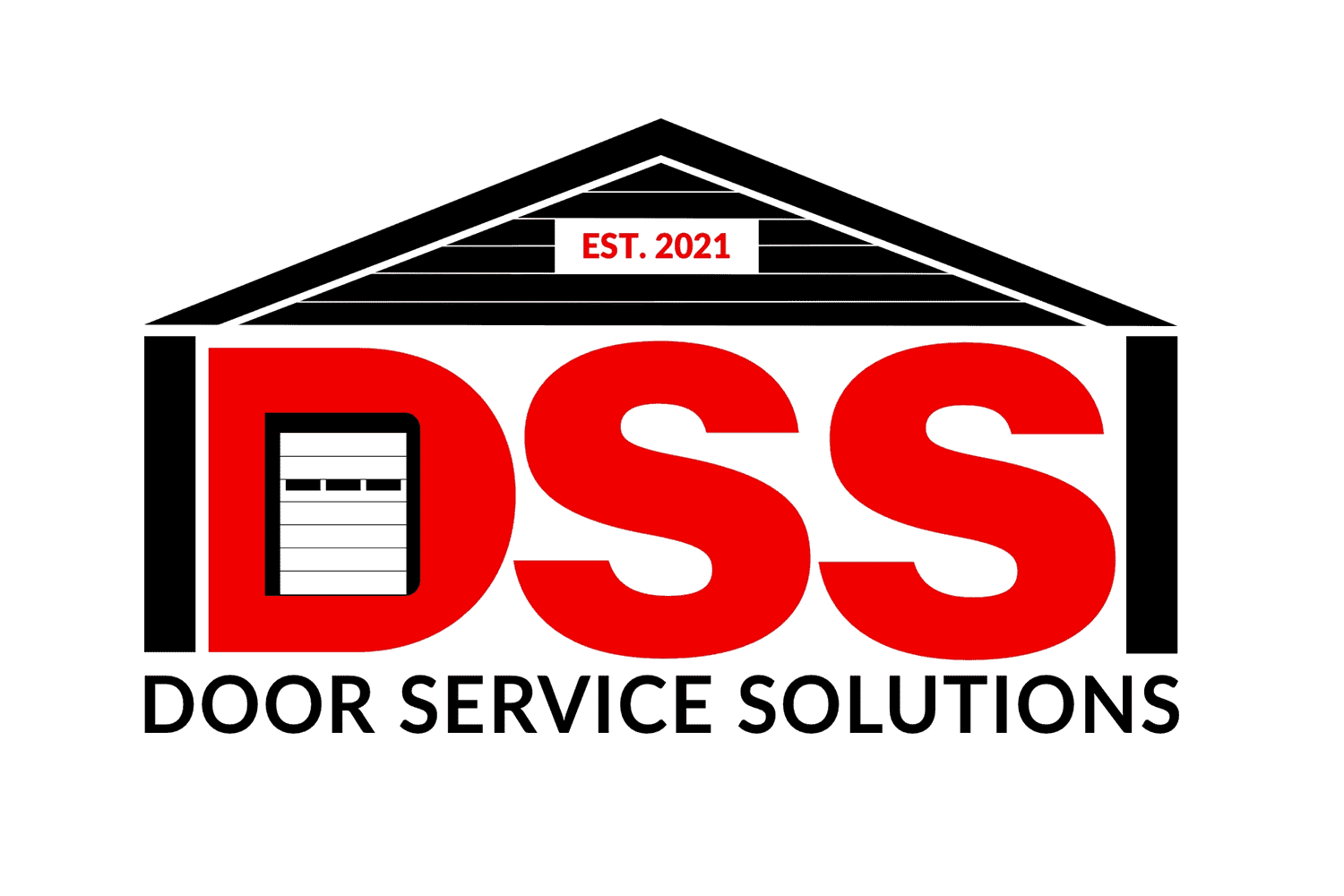Garage Door Not Closing? Issues and Solutions
Garage Door Installation
While the initial cost of garage door installation may seem significant, it is a worthwhile investment that can add value to the home.
Garage Opener Installation
Garage openers are indispensable for modern homeowners, providing convenience, security, and peace of mind.
Entry Door Services
Entry door repair and installation is a crucial aspect of home improvement or commercial building access, as the entry door serves as the gateway
Commercial Garage Doors
In the bustling world of commerce, every aspect of a business plays a crucial role in its success. Often overlooked but undeniably essential
Garage Door Not Closing? Here Are the Possible Issues and How to Fix Them
If your garage door refuses to close, it can be both frustrating and worrying. Not only does it leave your home exposed, but it can also disrupt your daily routine. Understanding the potential issues behind a garage door that won’t close and knowing how to fix them can save you time, money, and stress. Below, we’ll explore the most common reasons why your garage door might not be closing and the steps you can take to resolve these issues.
Contact Us
Proper garage door repairs are essential for several reasons, ranging from safety and security to convenience and property value. The garage door serves as a crucial entry point to your home, and any malfunction can pose risks to both property and people. First and foremost, ensuring that your garage door is properly repaired enhances safety. A malfunctioning garage door can be a hazard, especially if it unexpectedly falls or fails to close properly

Phone
937-903-8459
Brookville, Englewood, Clearcreek Township, Germantown, New Lebanon, Trotwood, Harrison Township, Huber Heights, Vandalia, Riverside, Spring Valley Moraine, Washington Township, Miamisburg, Sugarcreek Township, Bellbrook, West Carrollton, Fairborn, Jamestown, Centerville, Beavercreek, Springboro, Bellbrook, Xenia, Dayton Ohio
1. Safety Sensor Problems
Garage doors are equipped with safety sensors near the floor on either side of the door. These sensors create an invisible line that, when interrupted, prevents the door from closing. If the sensors are misaligned, dirty, or obstructed, the door may not close properly.
Solution: Start by checking for any objects that might be blocking the sensors, such as toys, dirt, or debris. Clean the sensor lenses with a soft cloth to remove any dust or dirt. Make sure the sensors are properly aligned—both should have lights that are steady and not blinking. If the alignment is off, adjust the sensors until the lights are steady, indicating they are correctly aligned.
2. Track Obstructions
The tracks on which your garage door runs can sometimes become blocked or bent, preventing the door from closing fully. Debris, such as leaves, pebbles, or other small objects, can accumulate in the tracks, causing an obstruction.
Solution: Inspect the tracks for any visible debris or obstructions and clear them out. If the tracks are bent, you may be able to carefully straighten them using a rubber mallet. For severe track damage, it’s best to contact a professional to replace the tracks.
3. Broken or Worn-Out Springs
Garage door springs bear the weight of the door, making it easier to open and close. If a spring breaks or wears out, the door might not close properly or may stop midway.
Solution: Check for visible signs of wear or breakage in the springs, which are typically located above the door. If you notice a broken or stretched-out spring, do not attempt to fix it yourself. Garage door springs are under a lot of tension and can be dangerous to handle. Contact a garage door professional to safely replace the springs.
4. Cable Issues
The cables that work in conjunction with the springs can also wear out or snap over time. If a cable is frayed, tangled, or broken, it can prevent the door from closing properly.
Solution: Inspect the cables on either side of the door for signs of damage. If a cable is broken or frayed, it’s essential to have it replaced by a professional, as improper handling can lead to injury.
5. Limit Setting Misalignment
The limit setting on your garage door opener determines how far the door travels when opening or closing. If the setting is incorrect, the door might stop before reaching the ground or reverse direction, thinking it has hit an obstacle.
Solution: Consult your garage door opener’s manual to locate the limit adjustment screws. Slowly adjust the settings, making small changes and testing the door each time until it closes fully and seals against the ground.
6. Remote Control Malfunctions
Sometimes, the issue might be as simple as a malfunctioning remote control. Weak batteries, signal interference, or a faulty remote can prevent the garage door from receiving the close command.
Solution: Replace the batteries in your remote control and try again. If the problem persists, try using the wall switch to close the door. If the wall switch works but the remote doesn’t, the remote may need to be reprogrammed or replaced. Check the manual for instructions on how to reset or reprogram the remote.
Solution: Ensure the garage door opener is plugged in and that the outlet is working. Check your home’s circuit breaker or fuse box for any tripped circuits or blown fuses, and reset or replace them as necessary. If the power supply seems fine, but the door still won’t close, you may need to consult a professional electrician.
Solution: Consult your garage door opener’s manual to locate the limit adjustment screws. Slowly adjust the settings, making small changes and testing the door each time until it closes fully and seals against the ground.
7. Power Supply Issues
A lack of power to the garage door opener will obviously prevent the door from closing. This could be due to an unplugged motor unit, a tripped circuit breaker, or a blown fuse.
Solution: Ensure the garage door opener is plugged in and that the outlet is working. Check your home’s circuit breaker or fuse box for any tripped circuits or blown fuses, and reset or replace them as necessary. If the power supply seems fine, but the door still won’t close, you may need to consult a professional electrician.
Solution: Consult your garage door opener’s manual to locate the limit adjustment screws. Slowly adjust the settings, making small changes and testing the door each time until it closes fully and seals against the ground.

We’ve Got You Covered
Dayton, OH and Areas
Brookville, OH 45309
Englewood, OH
Clearcreek Township, OH
Germantown, OH
New Lebanon, OH 45345
Trotwood, OH
Harrison Township, OH
Huber Heights, OH
Vandalia, OH
Riverside, OH
Spring Valley, OH 45370
Moraine, OH
Washington Township, OH
Miamisburg, OH
Sugarcreek Township, OH
Bellbrook, OH
West Carrollton, OH
Fairborn, OH 45324
Jamestown, OH 45335
Centerville, OH
Beavercreek, OH
Springboro, OH
Bellbrook, OH
Xenia, OH 45385
Dayton, OH
Call to Get a Quote

